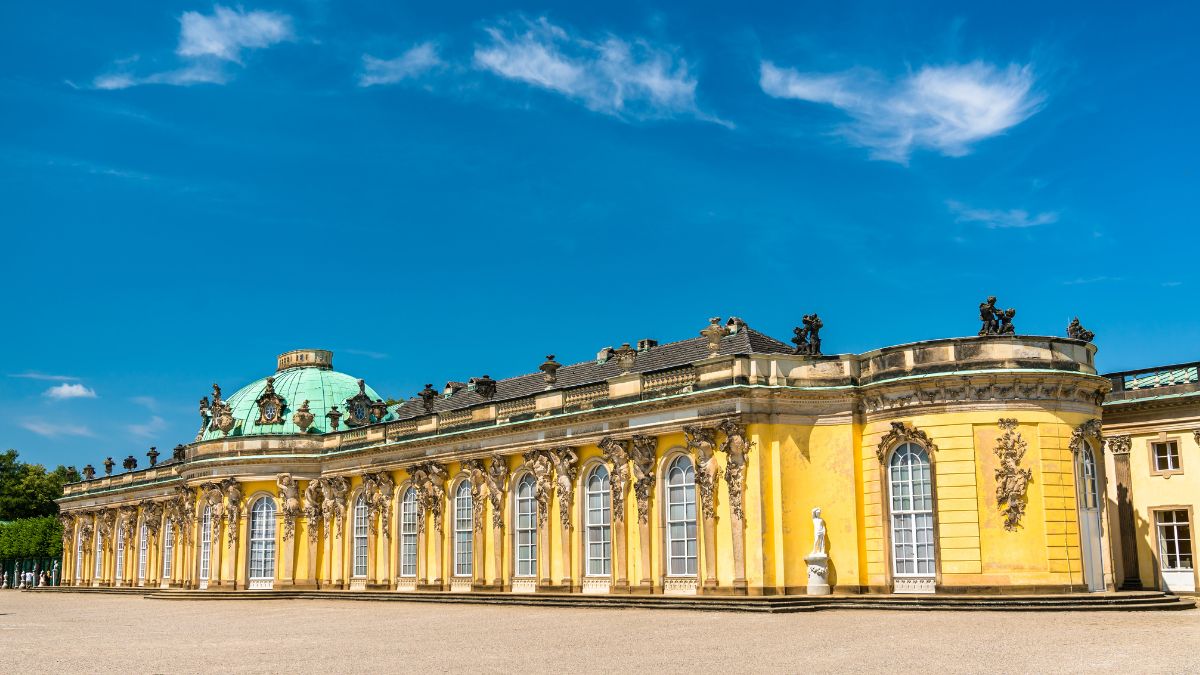Kalidasa (Classical Sanskrit Literature)
Kalidasa (Classical Sanskrit Literature)
Frederick the Great – Prussia

Frederick the Great – Prussia
In the annals of history, few figures loom as large and enigmatic as Frederick II, known to the world as Frederick the Great, the enlightened despot who steered Prussia through the tumultuous currents of the 18th century. His reign, spanning from 1740 to 1786, was a period marked by revolutionary military tactics, enlightened governance, and a cultural renaissance that left an indelible mark on Europe.
Frederick’s ascension to the throne was nothing short of a dramatic shift in the European geopolitical landscape. With an intellect as sharp as the blade of a sword, he transformed Prussia from a modest kingdom into a formidable military power. The Seven Years’ War, fought between 1756 and 1763, stands testament to Frederick’s military genius. Against all odds and facing a coalition that would have overwhelmed any lesser monarch, Frederick’s strategic acumen shone brightly, showcasing his ability to maneuver his armies with precision and foresight. It was during these battles that Frederick earned the title “The Great,” a moniker that encapsulated not just his military prowess but his visionary approach to leadership.
But Frederick’s greatness was not confined to the battlefield. His reign heralded an era of enlightened absolutism, where reason and progress were the guiding principles. He was a patron of the arts and an aficionado of philosophy, surrounding himself with the luminaries of the age, including the French philosopher Voltaire. Under his aegis, Berlin became a beacon of culture, science, and philosophy, attracting scholars, artists, and thinkers from across Europe. This intellectual vibrancy, fueled by Frederick’s own writings and compositions, laid the groundwork for the Enlightenment’s spread throughout the continent.
Frederick’s governance was a delicate balancing act between the absolute power of a monarch and the enlightened ideals of progress and tolerance. He reformed the Prussian legal system, abolishing torture and making the laws simpler and more humane. His agricultural reforms boosted the economy and reduced famine, demonstrating his commitment to the welfare of his subjects. Yet, Frederick’s enlightened rule was not without contradictions; his vision for a strong, unified state often clashed with the ideals of personal freedom and self-determination.
Perhaps the most enduring legacy of Frederick the Great is the notion that a ruler can be both a warrior and a philosopher, a despot and an enlightened leader. His life challenges us to consider the complexities of power and governance, and the role of enlightened leadership in the progress of society. Frederick’s Prussia was a state in flux, caught between the traditions of the past and the promise of a new, enlightened future.
As we look back on his reign, we are awestruck by Frederick’s ability to navigate the complexities of his time with foresight, courage, and an unwavering commitment to his ideals. His legacy is a testament to the power of enlightened leadership and the indomitable spirit of progress. Frederick the Great remains a towering figure in history, a monarch whose brilliance illuminated the path towards a new era of enlightenment and progress.